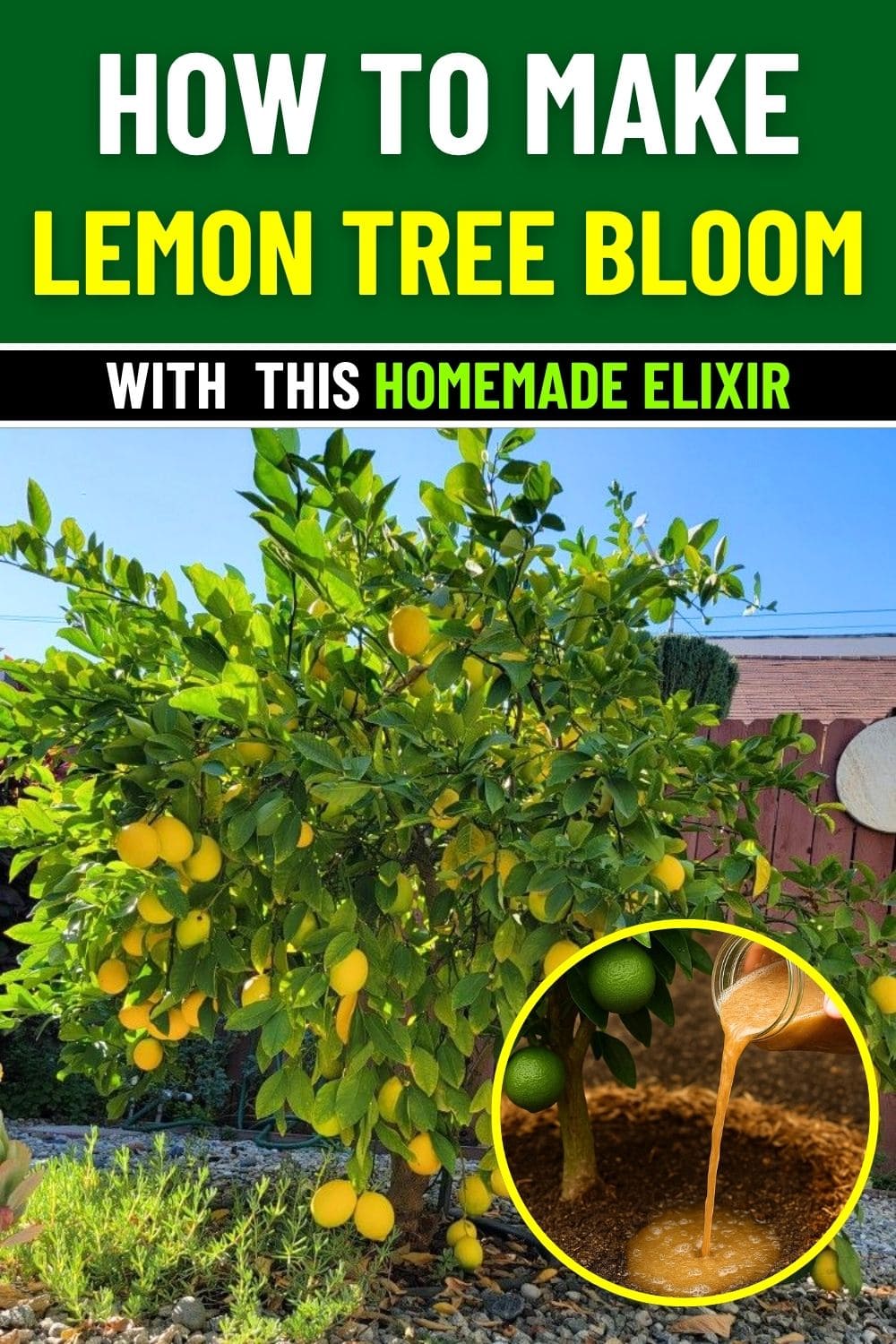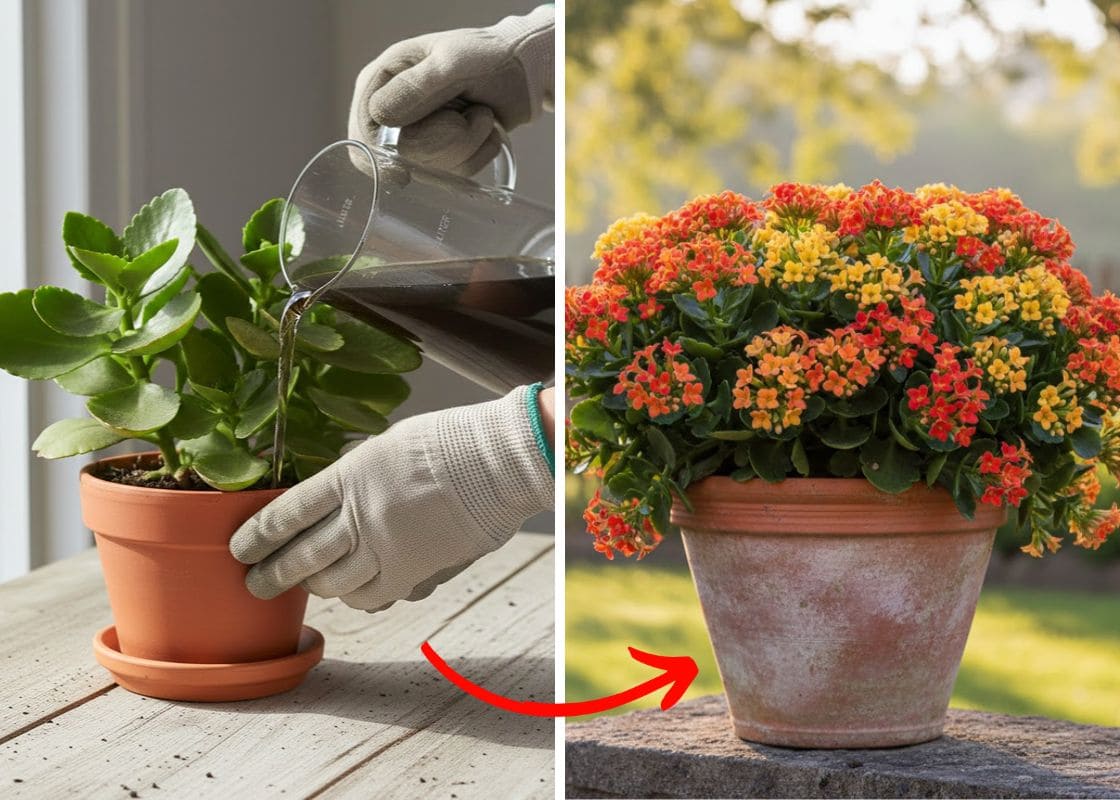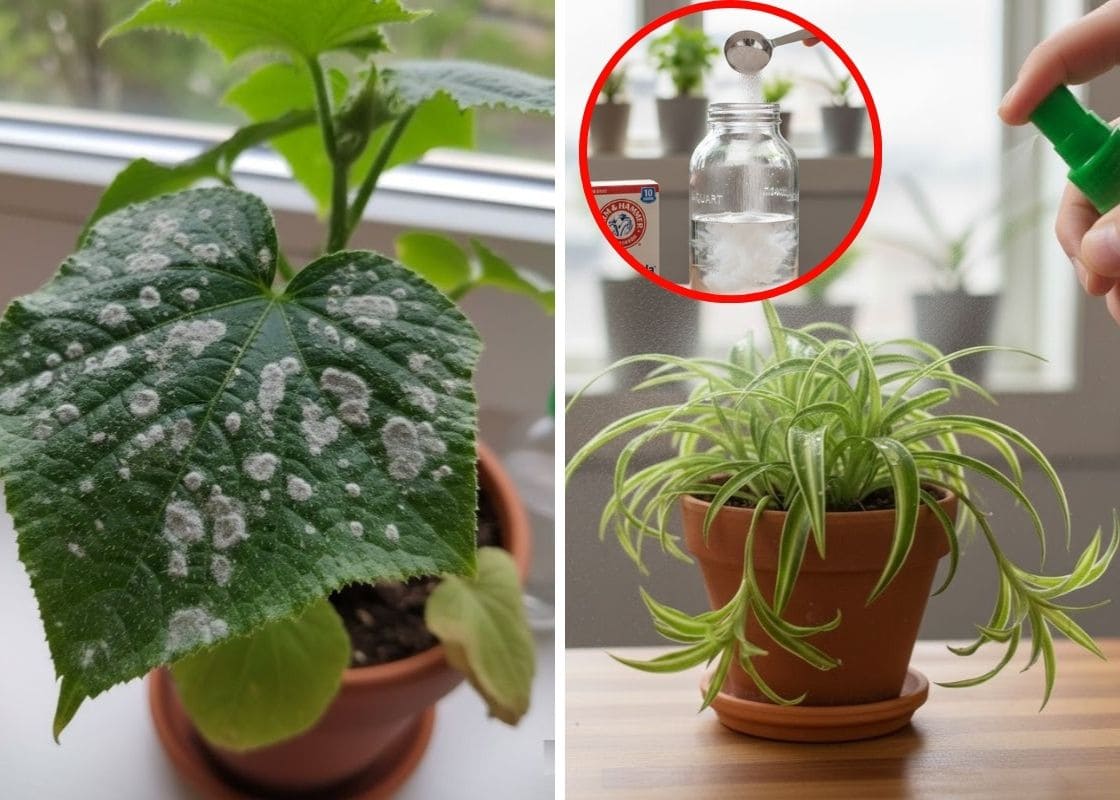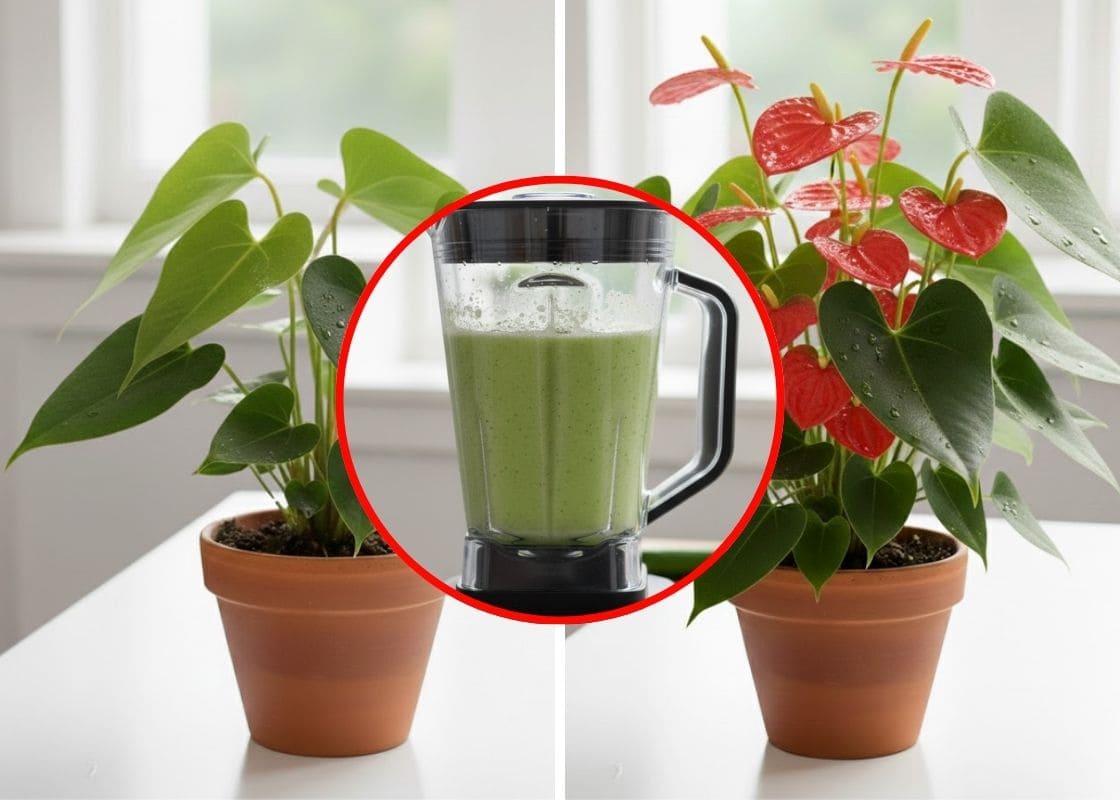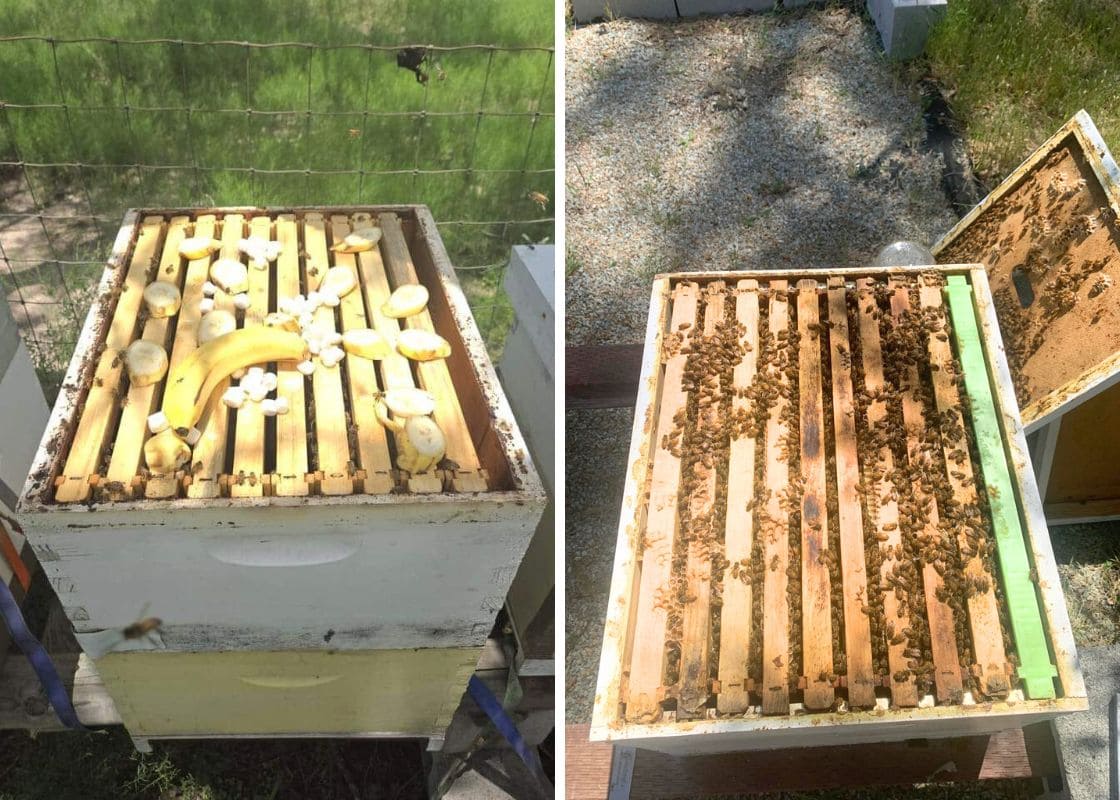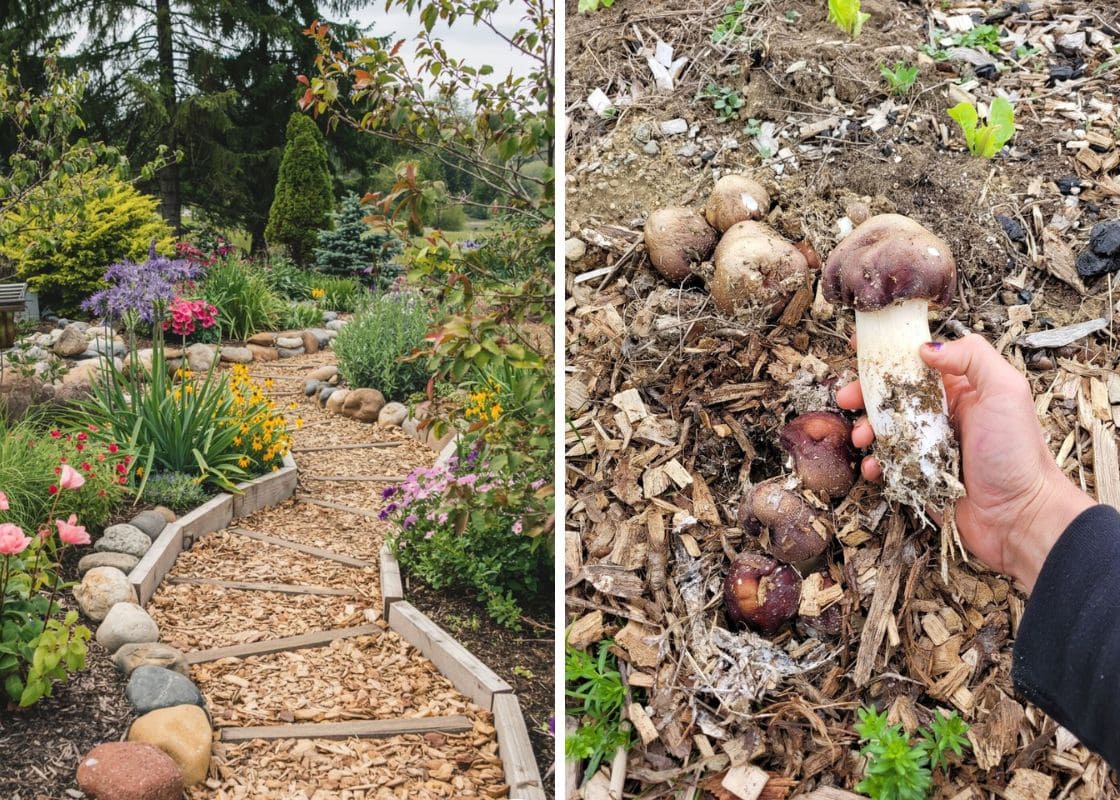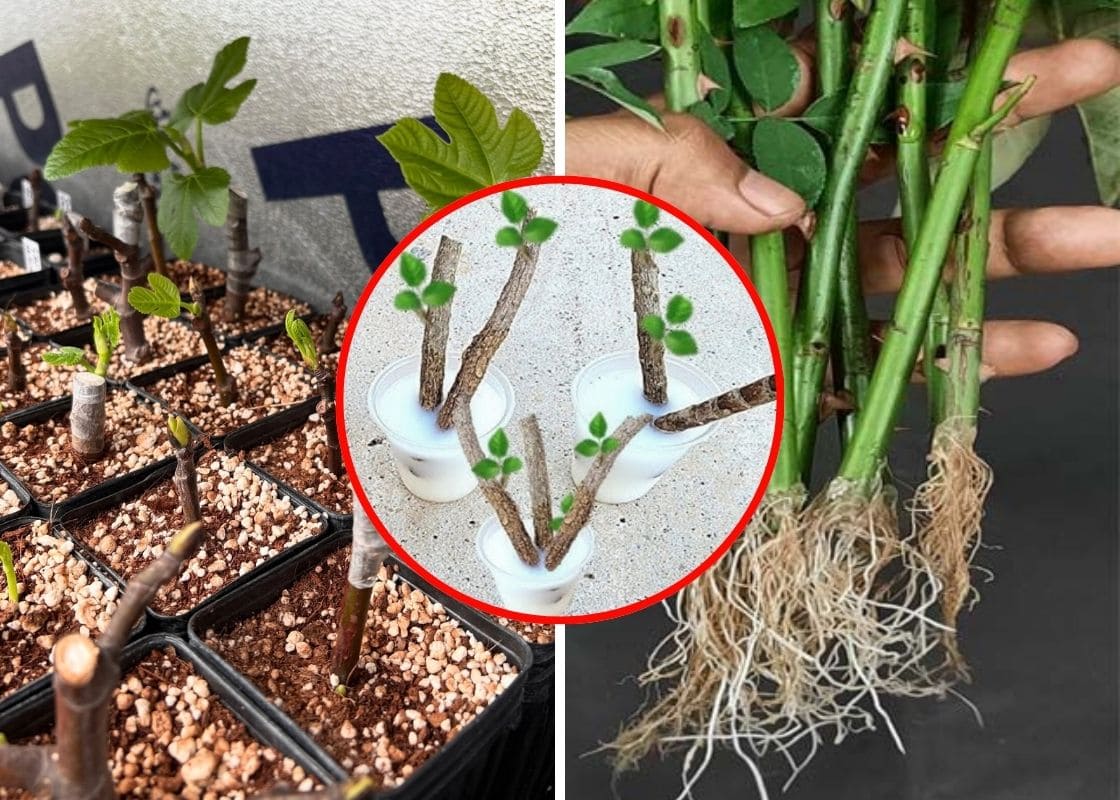If your lemon tree has stopped flowering or its harvests have become fewer each season, you’re not alone.
Many gardeners face the same frustration. However, you can bring those blooms back with a simple homemade elixir that nourishes the plant from root to fruit.
This natural tonic is packed with nutrients that encourage continuous flowering and fruiting.
It’s completely safe, budget-friendly, and easy to make with common kitchen ingredients.
Why Lemon Trees Stop Blooming
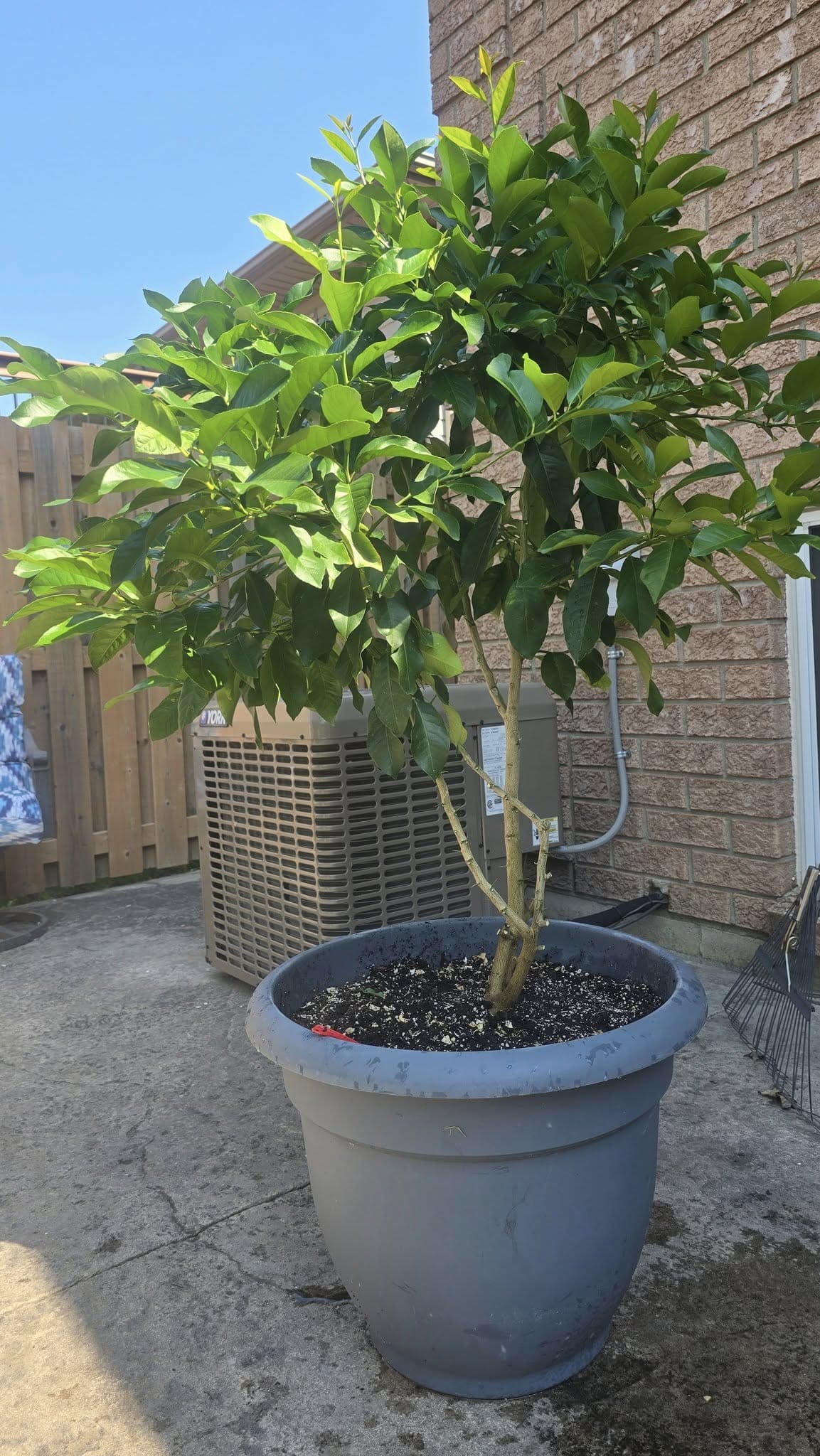
Lemon trees are sensitive to environmental changes. Lack of sunlight, irregular watering, or sudden temperature drops can interrupt their blooming cycle.
Sometimes, the soil simply lacks the nutrients necessary for strong bud development.
Other factors, such as over-pruning, stress from repotting, or skipping regular feeding, can also reduce flower production.
The secret to a thriving lemon tree lies in balanced care and consistent nutrition and that’s where this homemade elixir comes in.
Benefits of This Homemade Elixir
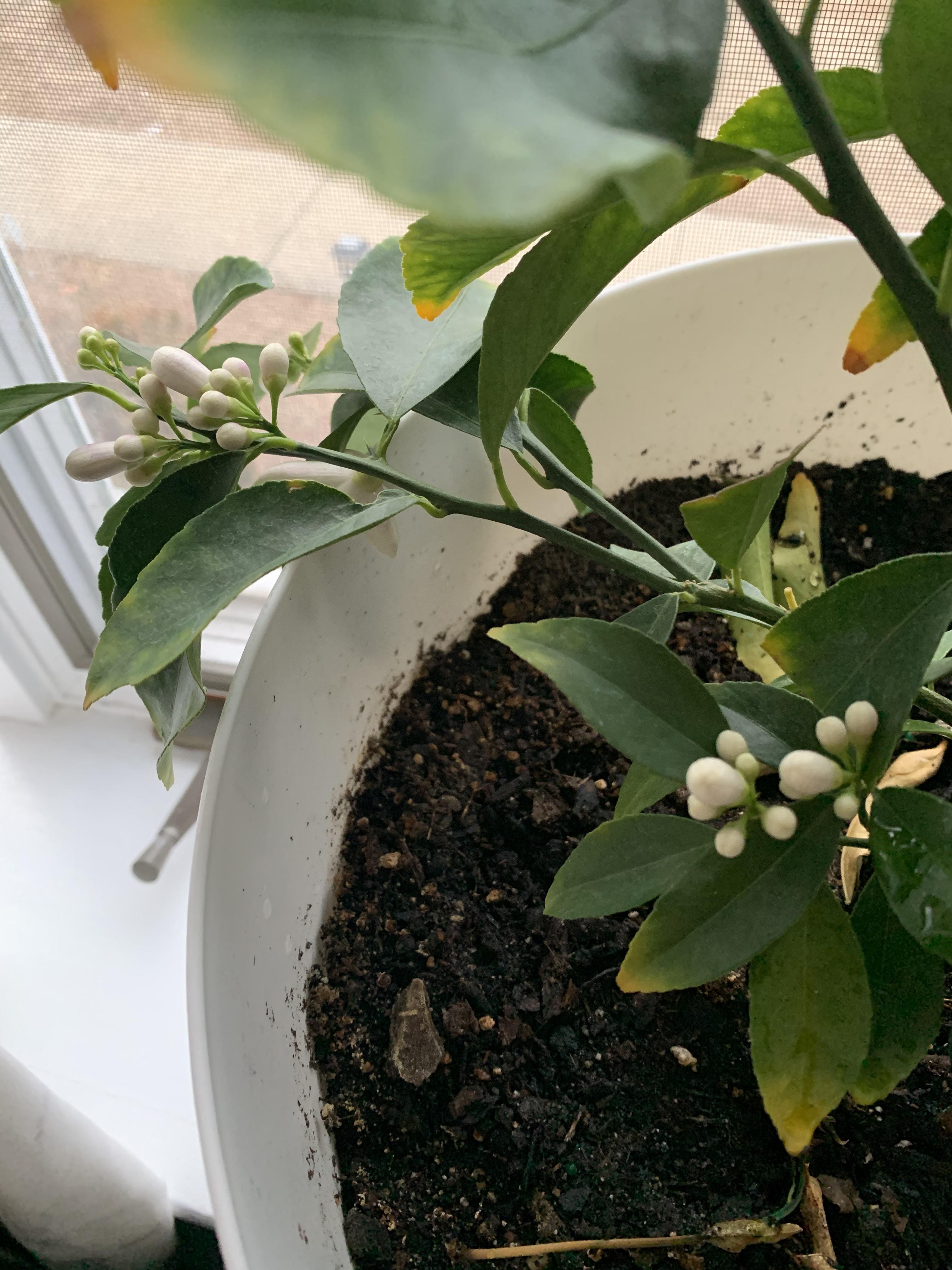
This elixir offers more than just a nutrient boost, it works in harmony with the natural biology of the plant.
The fermented mixture gently enriches the soil, creating a living environment filled with beneficial microbes that improve root absorption and nutrient exchange.
Over time, this strengthens the lemon tree’s immune system, allowing it to resist disease and recover faster from environmental stress.
The natural phosphorus from oats supports steady flowering, while the sugars fuel microbial activity and promote soil fertility.
With regular use, your lemon tree will produce lush green leaves, continuous blossoms, and sweeter, juicier fruit throughout the seasons.
Ingredients You’ll Need
- 1 liter of water
- 4 teaspoons of powdered oat flakes
- 1 teaspoon of cinnamon
- 1 teaspoon of brown sugar
Step-by-Step Preparation Guide
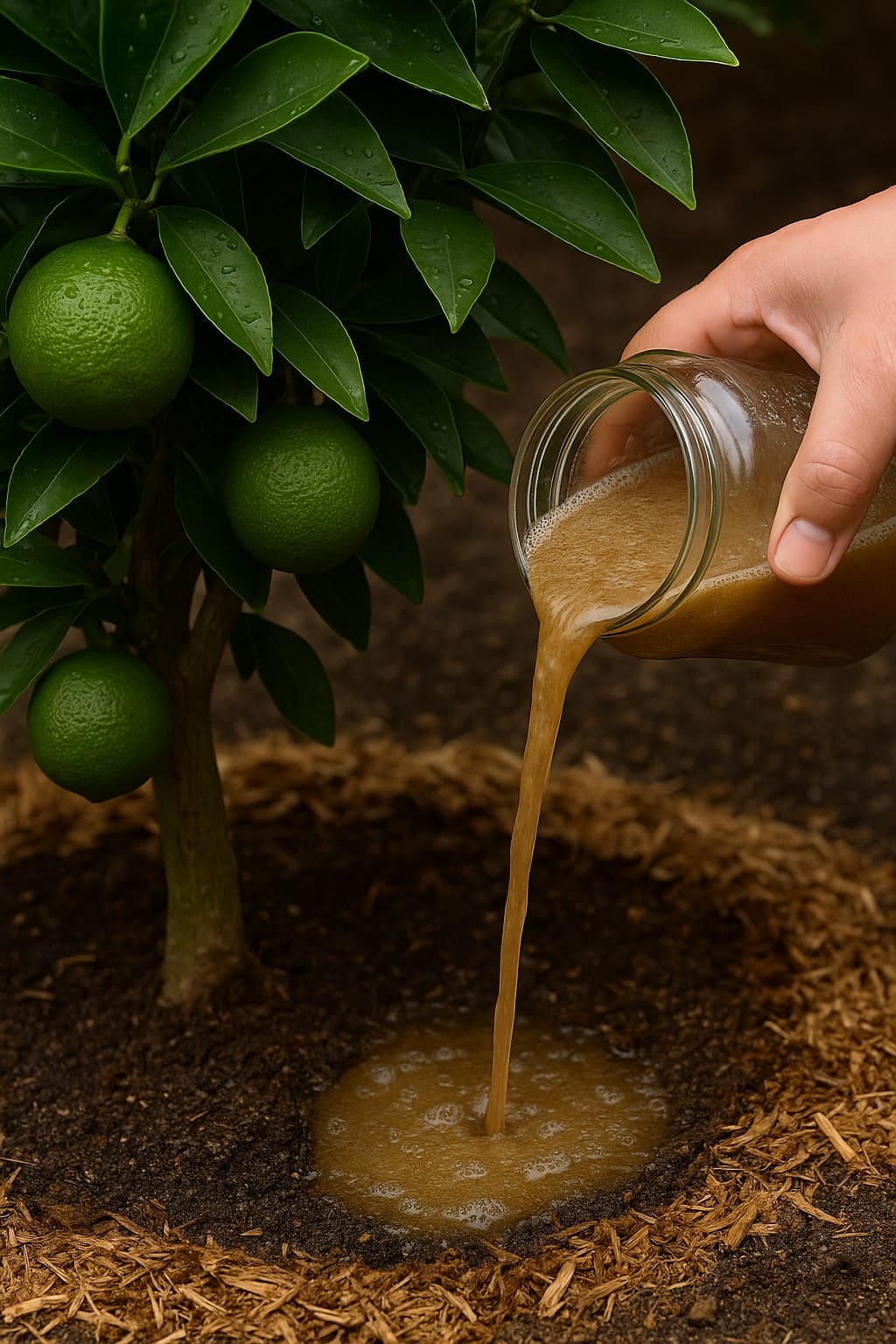
Step 1: In a clean, non-metallic container, mix 1 liter of water with 4 teaspoons of powdered oat flakes. Stir until the oats start to dissolve slightly.
Next, add 1 teaspoon of cinnamon and 1 teaspoon of brown sugar, then stir again until the mixture looks uniform.
Step 2: Cover the container with a breathable cloth or paper towel to allow air circulation while keeping insects out.
Leave it in a warm, shaded area (around 25-30°C) for 48 hours. During fermentation, tiny bubbles and a mild sweet scent will appear.
Step 3: After 2 days, strain the mixture through a fine cloth to remove solid particles, preventing residue from sitting on the soil surface.
You now pour the liquid into a larger watering container and dilute it with 5 liters of clean water. This step is crucial to ensure the tonic isn’t too strong for young roots.
Step 4: Water the base of the lemon tree with the diluted solution, focusing near the root zone.
If the soil is dry, moisten it lightly first to help with even absorption. Avoid pouring directly on the leaves or trunk.
Step 5: Repeat this process every 15 days. For outdoor trees, early morning or late afternoon application works best to prevent evaporation.
Potted lemon trees can use half the amount to avoid overwatering.
Within a few weeks, you’ll notice healthier leaves and the gradual return of flowers.
Why It Works
The combination of oats, cinnamon, and brown sugar provides a slow release of nutrients that strengthen the tree’s immune system and improve its overall vitality.
The mild fermentation process creates natural enzymes that activate soil microbes.
Also, this organic synergy stimulates continuous bud formation, leading to repeated cycles of flowering and fruiting throughout the year.
Additional Care Tips for Year-Round Blooms
- Ensure your lemon tree gets at least 6-8 hours of direct sunlight daily.
- Water deeply once or twice a week, depending on the weather, but avoid waterlogging.
- Use well-draining soil enriched with compost or aged manure.
- Prune lightly to encourage airflow and new branch growth.
- Protect from sudden cold snaps by moving potted trees indoors when temperatures drop.
Common Mistakes to Avoid
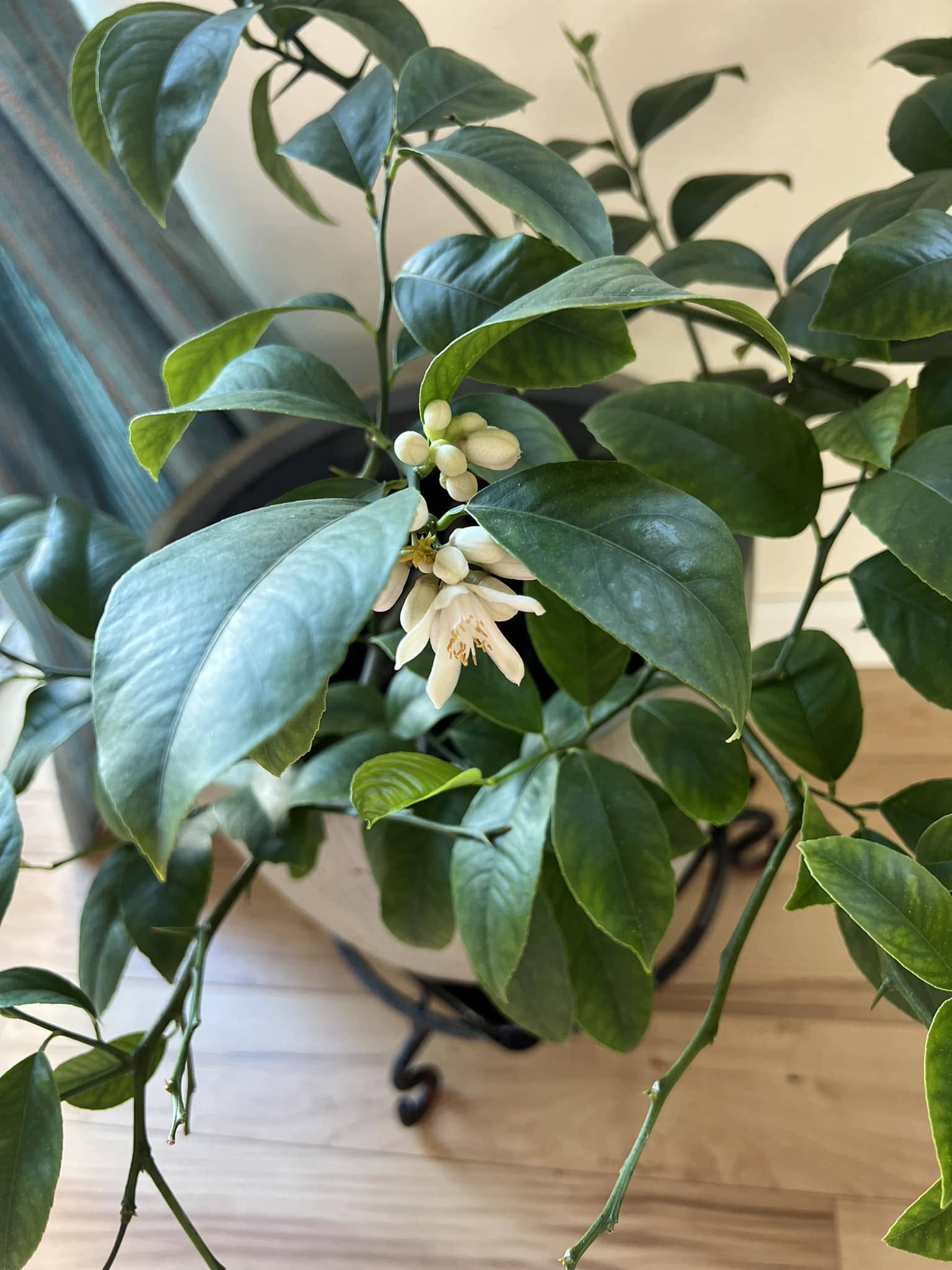
While it’s natural, too much can overwhelm the roots and upset the soil’s microbial balance.
Applying it too often or without dilution may result in nutrient stress rather than growth.
Another misstep is pouring the mixture onto dry soil as the roots need a bit of moisture to properly absorb nutrients, so always water lightly before feeding.
Plus, avoid fermenting the blend for longer than two days, as it can turn overly acidic and harm the tree instead of helping it.
Finally, remember that even the best tonic won’t replace proper sunlight and watering habits; consistency in these basics is what allows the elixir to perform at its best.
FAQs
1. When will I see results?
You’ll usually notice new buds within 3-4 weeks if the tree is healthy and receiving enough light.
2. Can I use this on other citrus trees?
Yes! It’s beneficial for oranges, limes, and tangerines as well.
3. Is it suitable for potted lemon trees?
Absolutely. Just reduce the amount by half for smaller containers.
4. What if it smells bad after fermenting?
A light sour scent is normal, but if it smells rotten, discard and remake the mixture.
